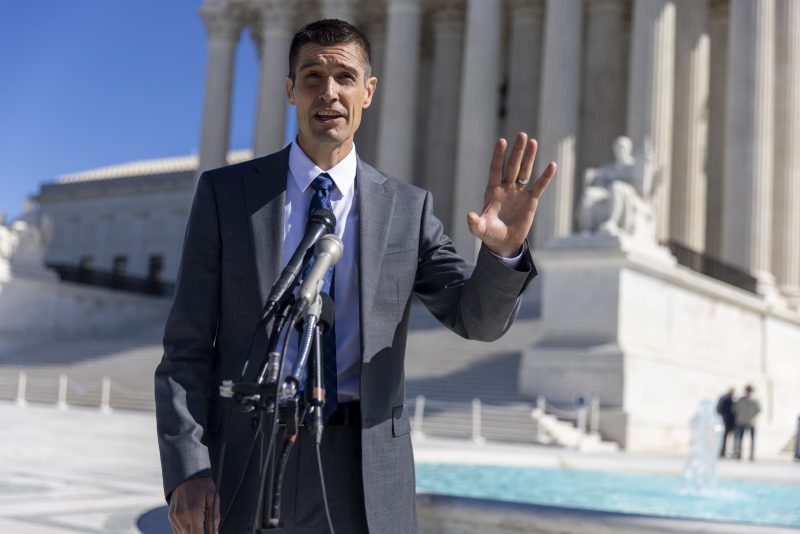The Supreme Court Appears Likely to Uphold Regulation of Ghost Guns
The case surrounding the regulation of ghost guns has reached the Supreme Court, bringing with it significant implications for gun control measures across the United States. Ghost guns, also known as homemade firearms, have become increasingly popular due to their lack of serial numbers and the ability to avoid background checks. Advocates for stricter gun regulations argue that these untraceable firearms pose a serious threat to public safety, while opponents claim that regulations infringe upon the Second Amendment right to bear arms.
The Supreme Court justices appeared divided during oral arguments, with several conservative justices expressing skepticism about the government’s authority to regulate ghost guns. Justice Amy Coney Barrett raised concerns about the potential breadth of the government’s regulatory power, questioning whether a ruling in favor of regulation could set a precedent for expanded government control over individual rights. However, Chief Justice John Roberts seemed more open to the idea of regulating ghost guns, citing the unique dangers they pose to law enforcement and public safety.
One of the key arguments in favor of regulating ghost guns is their potential use in criminal activities. Because these firearms lack serial numbers, they are virtually untraceable, making it difficult for law enforcement to track their origins or hold individuals accountable for illegal gun trafficking. Proponents of regulation argue that requiring serial numbers on all firearms, including homemade ones, would help close this loophole and improve public safety.
Opponents of regulation, on the other hand, argue that restricting access to ghost guns infringes upon law-abiding citizens’ Second Amendment rights. They claim that individuals have the right to build their own firearms for personal use, just as they have the right to purchase guns from licensed dealers. Furthermore, opponents argue that regulating ghost guns would not significantly impact criminal activities, as those intent on breaking the law would simply find other means to obtain firearms.
The outcome of this case is likely to have far-reaching consequences for gun control measures in the United States. A ruling in favor of regulation could pave the way for stricter oversight of homemade firearms and potentially other aspects of gun ownership. Conversely, a decision against regulation could further weaken the government’s ability to address the proliferation of untraceable firearms and may embolden individuals seeking to circumvent existing gun laws.
Overall, the issue of regulating ghost guns presents a complex legal and ethical dilemma for the Supreme Court to navigate. Balancing the need to protect public safety with respect for individual rights will require careful consideration of the unique challenges posed by these homemade firearms. Regardless of the court’s decision, the debate surrounding ghost guns and gun control is likely to continue as the United States grapples with how best to address the complexities of gun ownership and regulation in the modern era.

